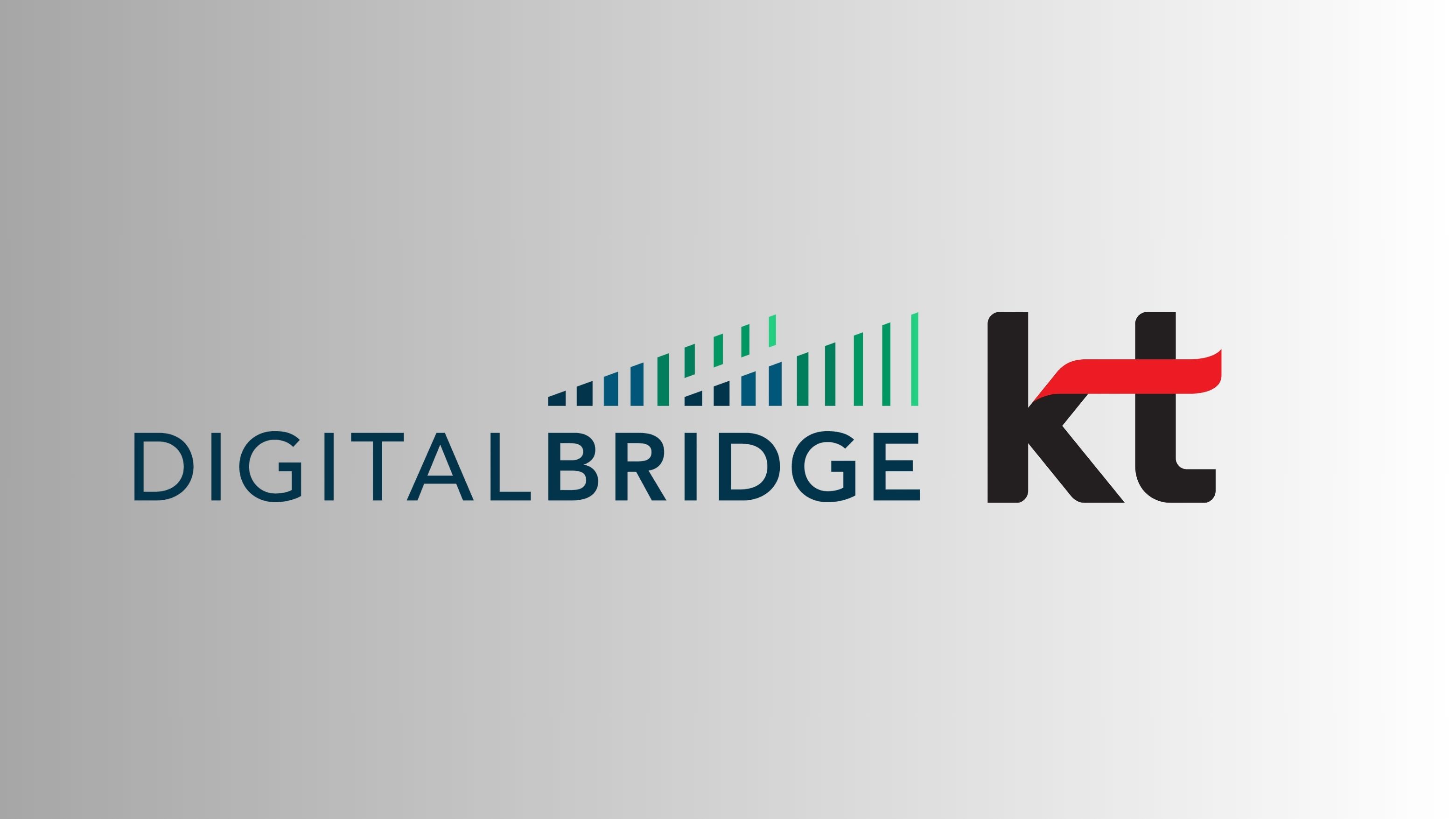Accenture partners with OpenAI to embed ChatGPT Enterprise, upskilling tens of thousands of professionals with AI skills through OpenAI Certifications. The initiative represents the most extensive professional upskilling programme powered by OpenAI.
A new flagship AI client programme will combine OpenAI’s enterprise products with Accenture’s deep industry expertise. The programme will help clients adopt AI in key functions like customer service, finance, HR and supply chain, automating workflows and improving decision-making.
The collaboration will leverage OpenAI’s AgentKit and other advanced tools to design, test and deploy custom AI agents rapidly. By integrating agentic AI, Accenture aims to accelerate enterprise reinvention and create measurable economic value for its clients.
Accenture and OpenAI have already worked with many of the world’s largest enterprises, including Walmart, Salesforce, PayPal and Morgan Stanley. The partnership enhances both firms’ global AI adoption and helps organisations unlock new growth opportunities.
Would you like to learn more about AI, tech and digital diplomacy? If so, ask our Diplo chatbot!










